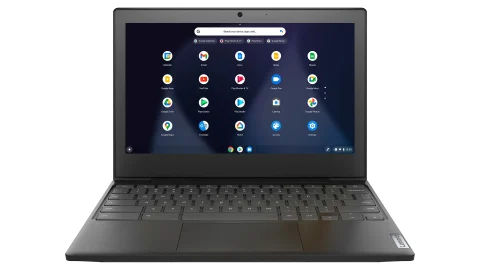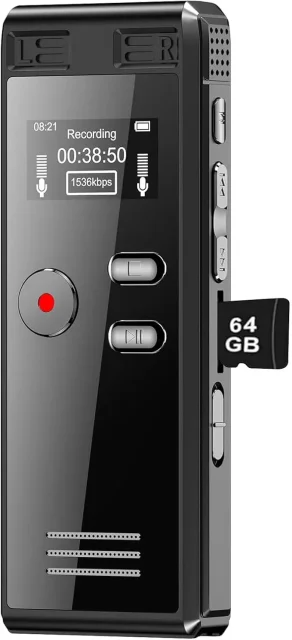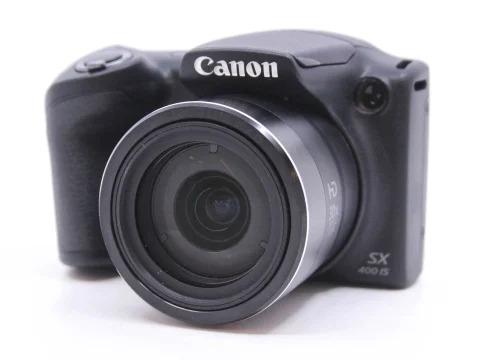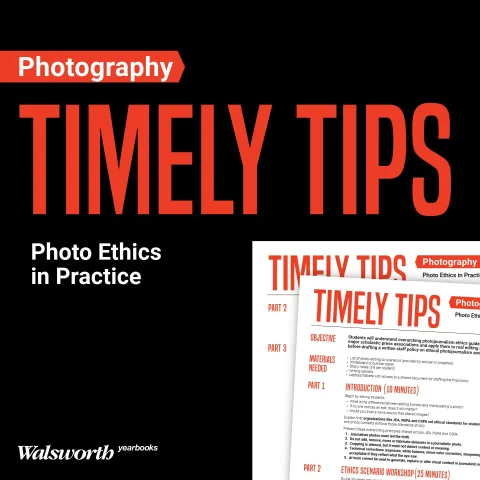Across the country, schools are revising policies on student cellphone use. As of 2025, 27 states have implemented statewide bans or restrictions, while several others require or encourage districts to set their own rules.
The intent is clear: limit distractions, improve classroom focus and encourage healthier in-person interaction. All great, but for yearbook advisers and student journalists, these bans raise the question: how do yearbook staffs continue creating high-quality content when phones are no longer an option?
STATE-BY-STATE LANDSCAPE LAWS
State policies vary in scope and enforcement, but they generally fall into three categories:
- Statewide bans/restrictions (27 states, including Texas, New York, Florida and California)
- States requiring district policies (three states – Alaska, Colorado, Minnesota)
- States encouraging district policies (four states – Idaho, Connecticut, Kansas, Washington)
Even within statewide bans, approaches differ:
- Instructional-time bans – Indiana and Kentucky prohibit phones only during class time.
- Bell-to-bell bans – Arkansas, Texas and New York enforce all-day bans, which mean students cannot access phones at any time during school hours.
- Grade-specific bans – Georgia only targets K-8 students.
- Emergency exemptions – Most states allow exceptions for medical needs or students with IEPs or 504 plans.
- Funding differences – A few states, like New York, provide support to help districts enforce bans; most states have left schools to figure out compliance on their own.
TEXAS AS A CASE STUDY
Texas is one of the strictest states on this issue. Texas lawmakers recently banned all personal communication devices during the school day, including tablets, smartwatches and other electronics. Yes, that means student’s personal laptops. The law even explicitly prohibits use during lunch and passing periods, making it one of the most comprehensive bans in the nation.
For advisers in other states, Texas offers a preview of what may be coming soon, and it also provides insight into how schools are adapting.
CREATIVE WORKAROUNDS FOR YEARBOOK TEAMS
While phones may be off-limits, content creation obviously can’t stop. Here are proven alternatives advisers across the country are using:
-
Buy Used iPhones (Without Service)
Since school-issued devices are allowed, advisers could explore buying inexpensive older iPhones to use as cameras, recorders, and note-taking devices. These can be sourced through:
- Gazelle, Swappa, Back Market (refurbished devices)
- eBay and Amazon for budget-friendly deals
-
 Leverage Chromebook Apps
Leverage Chromebook Apps
Schools that provide Chromebooks already have built-in phone alternatives, including:
- Recorder app for audio recording and transcription
- Notta, Vocaroo, VOMO AI, or Screencastify for advanced features like transcription, summaries and screen recording
-
Invest in Affordable Tools
Dedicated devices can be inexpensive and effective, serving as permanent classroom tools.
- A digital voice recorder can be purchased for as little as $15.
-
-
- Crosseagle 64GB Digital Voice Activated Recorder ($15)
-
- A reliable point-and-shoot camera costs around $150.
-
-
- Canon Powershot SX400 16.0 MP Camera ($150)
-
- Read this Walsworth blog about camera recommendations for great information on camera models to consider.
-
 Tap Into Your Community
Tap Into Your Community
Community support is invaluable, so see who will partner with you. Some ideas include:
- Organize a camera drive to collect old point-and-shoot models from parents, local families and alumni.
- Search Facebook Marketplace or local buy/sell groups for secondhand deals.
- Activate Walsworth’s Yearbook Snap app to crowdsource photos directly from your community.
REAL-WORLD EXAMPLES
While the law sounds limiting, advisers are already finding creative and resourceful solutions to keep yearbook programs running strong.
- In Oregon, journalism adviser Michelle Balmeo turned to DonorsChoose to fund digital audio recorders for her staff.
- “Hi, friends! We’re phone-free this year, and these digital audio recorders are going to help my media students capture interviews. Thanks for any help you can provide!” she wrote on Facebook. Her project quickly gained support, showing how online fundraising can help fill equipment gaps.
- In Mansfield, Texas, the Legacy High School yearbook staff utilized their school-issued Chromebooks to conduct interviews.
- To boost audio quality, they plugged in old iPhone corded headphones, repurposing them as microphones. The result? Clear recordings with virtually no cost that allowed students to continue capturing stories without waiting for new equipment to arrive.
These stories highlight the creativity and quick adaptability of advisers and students, proving journalism teachers and students will always find a way.
 MOVING FORWARD
MOVING FORWARD
Although cellphone bans are spreading rapidly, they don’t have to slow down your yearbook program. Clever hacks, refurbished devices, affordable recording tools, creative use of Chromebooks and community support can all keep student journalists working effectively and efficiently.
To get started, advisers might consider:
- Exploring DonorsChoose to fund classroom equipment.
- Setting up Walsworth’s Yearbook Snap app for community photo submissions.
- Check sites like Swappa, Back Market and eBay for affordable refurbished devices.
By embracing these solutions, advisers not only stay compliant with the law while telling their school’s stories with professionalism, but they also teach students valuable lessons in adaptability, problem-solving and storytelling – skills that go far beyond the pages of a yearbook.





